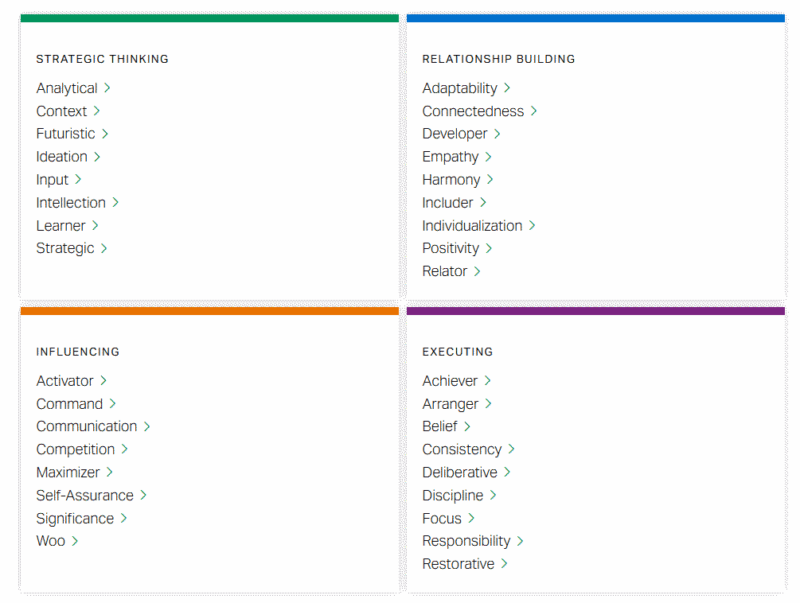Today was our first day back in the building. It was, mercifully, a teacher workday. It’s a good way to begin the new semester: I had time to do some serious planning in the morning, and I worked with the Special Ed teacher who co-teaches one of my classes to figure out some effective ways of simplifying a terrorizing, difficult text that’s in our textbook. That’s how I spent my morning. I could have used the afternoon to prepare some of the materials we’d planned on using and to create some differentiated (i.e., simplified) versions for some of my students who are still learning English. (I’ve got seven students in one class alone who speak very limited English, including one who speaks almost no English. She needs a specialized English class for absolute beginners, not anything I can give her. But I’ll be damned if someone is going to be in my class and not learn something, so I make special mini-lessons for her that I squeeze in here and there. Otherwise, she works on Rosetta Stone.) Still, we didn’t have that time.
Instead, we had a Clifton Strengths Finder session. Earlier in the year, we were asked required to take a survey to help find our strengths. Each question had two activities and you were to pick which one you preferred and to which degree, and there was a neutral option in the middle. For example, it might be something like this:
Imagine it’s time for dinner. What are you more likely to do: pick the restaurant or decide to stay home? What an idiotic question! It depends. How tired is my wife? How tired am I? How much money do we have? What do we have in the refrigerator? What time is it? What plans do we have after dinner? I picked neutral.
Another one: Imagine you’re speaking to community leaders. Are you the “let’s get started now” type or the “No, I don’t eve want to do that” type? Again, that depends. What am I talking about? How long am I expected to speak? To what end am I giving this speech? Do I even support the cause? Is this something likely to affect change or am I just a figurehead speaker? I picked neutral.
A third example: Imagine your boss asks you to work on a big project. Are you a big picture person or do you need details? Once again, it depends. What is this project? Do I feel it’s in my scope of expertise? Will I be working on this alone or with a group? If it’s with a group, what role will I be playing? What is the timeframe for this project? What is the budget? I picked neutral.
A final example: Imagine you’re receiving an award. Would you want individual recognition or would you insist on recognition of the team effort. Bet you can guess where I’m going with this one: it depends, damnit.
Almost every one of the questions was like this. I picked “Neutral” over and over and over — for most of the 190 questions. (Yes, 190 questions. Are these people insane? Does district administration think I have nothing better to do with my time than read 190 poorly-conceptualized questions?)
Just before break, I got an email from the district office politely requesting me to take the survey. I did take the survey. We don’t have your data results. (New Year’s Resolution: I am so sick of hearing the word “data” that I have sworn I will not use it myself at all in 2025. I hate that word now, oh how I detest it.) Well, I know I took it. But we don’t have your results — the session won’t be as meaningful for you if you don’t take the survey.
When I logged back in, I saw a message: “We were unable to tabulate your survey because you selected ‘Neutral’ too frequently.” Well, that’s what I get for thinking. I explained this in yet another email. Can you please take the survey again? Fine, I’ll take the survey.
For probably 175 of the 190 questions, I randomly chose any of the options other than “Neutral.” In fact, if I’d thought about it, I would have had one of my students come in during planning and pick them randomly for me: it was such a hassle because the survey software was so poorly programmed. Sometimes the “Submit” button worked the first time, sometimes I had to click it twice. Still, for about 15 of the questions, something caught my eye in the wording or the responses, and I actually answered those questions truthfully.
Today, we got those results back. Strangely and somewhat unexpectedly, the test results put my four top strengths as just the ones I’d choose for myself. Two thoughts about this: first, how did it do that? It was literally 92% random selections. Second: why did I spend all that time taking a survey when I already knew what the results would be?! I could have looked at this chart and told you most of my strengths would lie in the “Strategic Thinking” block, and four of my five “strengths” were in that quadrant. The only outlier was one in executing: I have a “restorative” strength — I like to fix stuff and solve problems. No, I don’t. I don’t at all. I prefer to think things through carefully and avoid the damn problems in the first place. That’s my priority.

This is one of the biggest contemporary frustrations with teaching, and it seems to be nationwide: the powers that be require us to waste so much time on just such things as today’s nonsense.
0 Comments